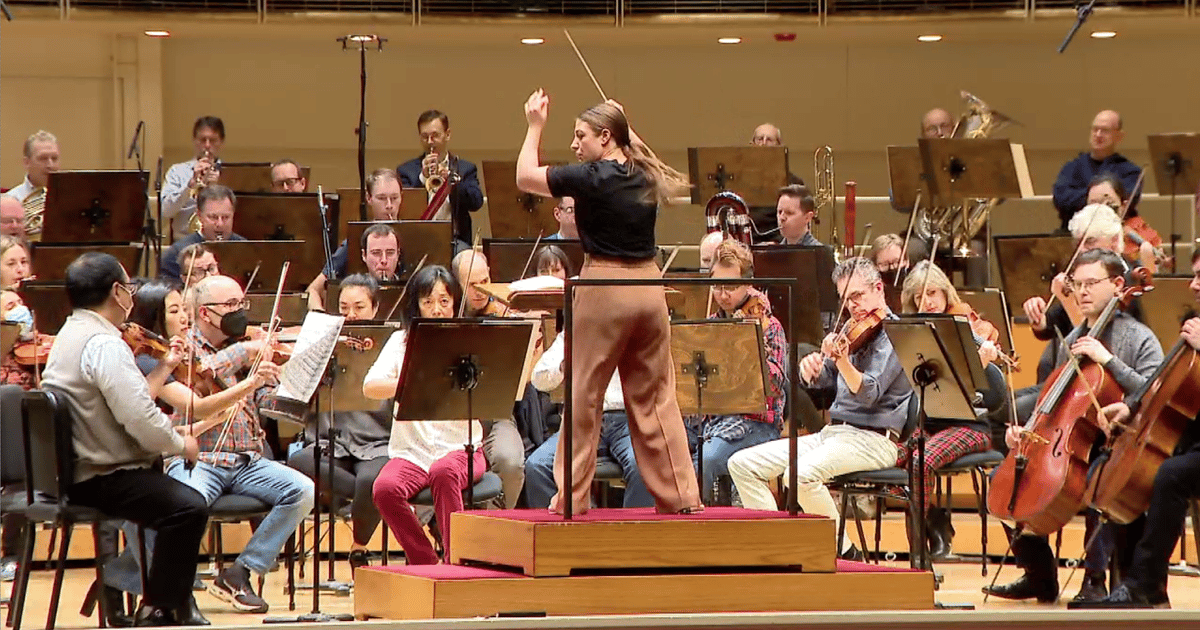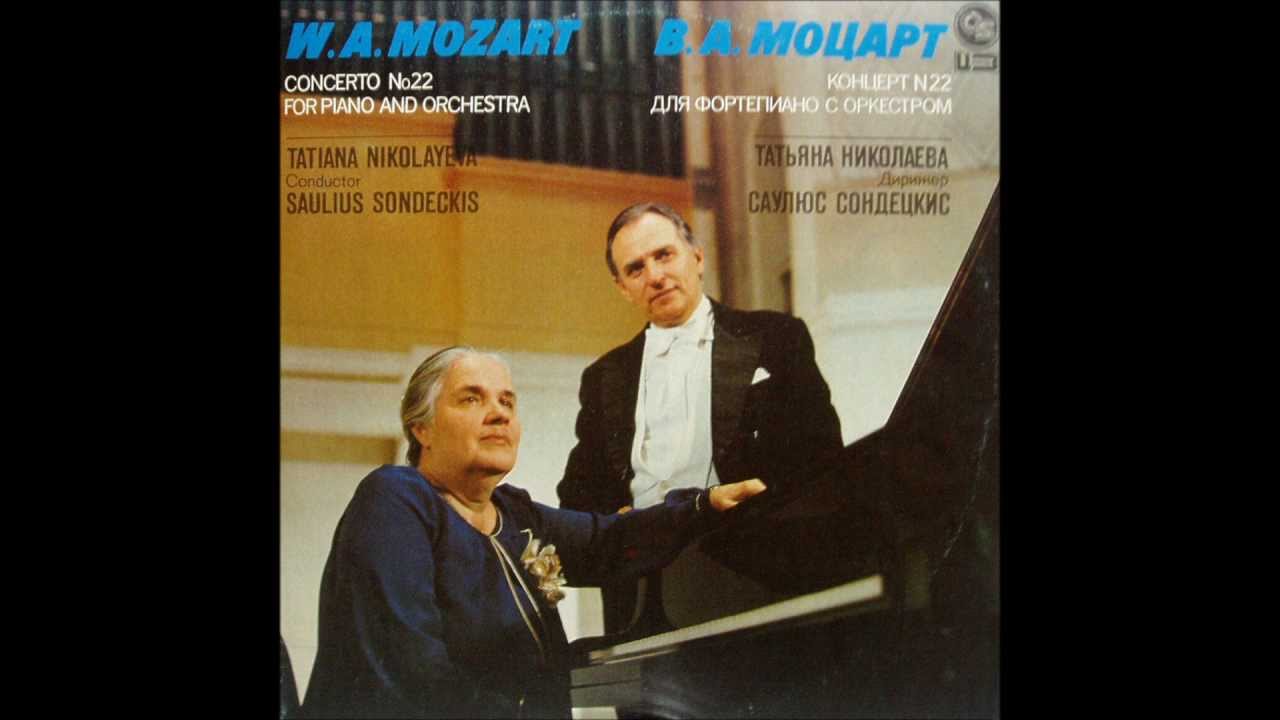Calculated snub? Karajan Prize is awarded to the Vienna Philharmonic
mainWhat comes round, comes round.
The Baden-Baden Festpeilhaus has awarded its 50,000-Euro Herbert von Karajan Music Prize to the VPO.

The fun begins when you read the official citation:
Mit dem Herbert von Karajan Musikpreis wird 2014 ein Orchester ausgezeichnet, das wie kaum ein zweites Ensemble seinen ganz spezifischen Klang über viele Jahrzehnte hinweg bewahrt hat und damit unverwechselbar geworden ist”, erklärte Festspielhaus-Intendant Andreas Mölich-Zebhauser.
The Herbert von Karajan Music Prize 2014 is awarded to an orchestra that has, like hardly any other ensemble, retained its specific sound over many decades, unmistakably so,’ said Festspielhaus director Andreas Mölich-Zebhauser.
Now read that through the rimless spectacles of the Berlin Philharmonic. The Berliners ditched Salzburg to take up an expensive Easter residency in Baden-Baden, where they are supposedly #1. They won’t be happy to read the have lost their specific sound. Not one little bit.
Expect angry phone calls in Baden-Baden.






Beyond bruised egos resulting from this award, I’d be interested to know why so many orchestras worldwide have degenerated into a non-distinct sound, and what is or can be done about it. The VPO is not unique in having a distinctive sound.
You missed the little word “kaum”. It translates “like ALMOST no other ensemble…”
My German is nothing special, but doesn’t “kaum” mean hardly, as in hardly any other orchestra?
Even so, it’s odd that the award goes to Vienna, given the BPO’s commitment to Baden-Baden’s over-funded and never-ending series of mindless, star-driven, boring little so-called “festivals” in that square hall behind the old train station, where names prostitute themselves for the planet’s most geriatric audience.
Who CARES about their dumb award? Who?
Yeah, it means “hardly”.
Such rot; such sinister self-congratulatory rot. I can’t think of even two UK orchestras that aren’t utterly distinctive in sound, to those with ears to hear and the patience to listen without prejudice. I refuse to believe that the same is not the case with orchestras in the German-speaking world.
That said, given their history, and continued behaviour, I start feeling distinctly uncomfortable whenever people start praising the “specific sound” of the Vienna Philharmonic. Don’t know about anyone else, but to me the “Vienna Phil” sound that I hear on the Bruno Walter March 1938 Mahler 9 recording doesn’t have any continuity with the sound I hear on Vienna Phil recordings from the 1950s; or indeed today – nor can it ever.
Quite apart from the ugly spectacle of a 5-figure cash sum being awarded to one of the wealthiest orchestras in Europe at a time when – across the continent – orchestras, opera houses and even school music programmes are struggling for the money to survive. Akin to a millionaire inviting us all to watch while he lights a cigar with a $100 bill.
I feel compelled to agree. It also shows an immense, even grotesquely conservative and self congratulatory lack of imagination on the part of the people who decide which organisation or persons are deserving of such a “prize”. Yes, the VPO is a great orchestra by most standards, but such criteria as “an orchestra that has, like hardly any other ensemble, retained its specific sound over many decades, unmistakably so” is not really a convincing argument for rewarding them the HvK Music Prize 2014. Have they done anything special in the last season that might warrant such an award, artistically or educationally (or even politically)?
Yes I agree, every orchestra is very different if you listen in detail, but I think recordings demonstrate that they are less different now than they used to be. Recordings are probably partly to blame, along with the music business generated merry-go-round of guest conducting
There IS a specific sound associated with the VPO due to their fabled BRASS section whose instruments are made to their specifications, passed down from generation to generation. The BPO had a unique sound too under HvK. But even with their unique brass instruments, the VPO is losing it. The BPO already has. It is the result of rampant internationalization and of the age of generic, impersonal conductors. The Concertgebouw under Mengelberg sounded like itself. So did the VPO, in full glory, under Carlos Kleiber. The same dilution has occurred with singers, with few exceptions. Worse even among instrumentalists like pianists, violinists, and cellists. And so on. Remember the unmistakable sound and style of, say, Pablo Casals or Alfred Cortot or Artur Rubinstein? It is over.
In short – orchestras 50 years ago sounded different from orchestras today. Obviously: they evolve.
However, orchestras today still all play with a style of their own – you just need to listen. Its nice that we have recordings of older styles of playing, but orchestras are living things, not relics in glass cases (much as – one suspects – certain classical music fans wish they were).
If I met a UK music lover who couldn’t immediately distinguish the sound of – say – the current BBC Philharmonic from the current LSO, or the current RLPO – I really wouldn’t be inclined to take their assessment of the Berlin or Vienna orchestras very seriously. And I’ve never in my entire life met a “generic, impersonal” conductor. The ones I’ve met have all been human beings with their own musical ideas, with no particular desire to mimic Furtwangler or Celibidache in pursuit of a sound-quality, or artistic meaning, from another place and another century. Why would they?
I can’t help suspecting that many people who talk of today’s “homogenisation” of classical music need to listen to fewer recordings and go to more live concerts. IMHO.
The glorious VPO sound of yore can also be experienced through most of HvK’s recordings with the orchestra in the 1950s. Likewise with his BPO through the 1960s before the gloss and slick application of the 1970s and beyond that paved the way to the Simon Rattles of today.
Well most orchestras have lost their sound these days – they all sound the same. The Berlin Philharmonic is not a patch what it was under Karajan!
This all reminds me of the famous dictum about pianos- the best Steinways have always been those made 40 years ago. And, of course, we know that no opera singer, no matter how outstanding, measures up to one who is either dead or retired….
Some truisms are, well true. Would anybody argue that today’s Steinways are as good as ones of the past ?(except for the CBS era-maybe)
As to opera singers, let’s name the present ones who possess one of the those “historic” voices-hard to do…but in any case the number of them, if any hardly compares with the whole stable of them in numerous categories which were the case for generations-but this one?
Ironic that the VPO receives an award named for a conductor whose influence and recordings did much to result in the generic orchestral sound prevalent today in many famous orchestra– both in the States and Europe.
Doubly ironic in that Karajan wanted the Viennese hornists to ditch their Vienna Horns for the ubiquitous Alexander double horns.
http://www.youtube.com/watch?v=rNfq6hG2cm4
How did Karajan’s “influence and recordings did much to result in the generic orchestral sound” ? Like it or not, Karajan sought and got a specific sound when conducting. As a student in Vienna in the early 80s, I heard the VPO live under several different conductors. Under Karajan they sounded different than, say, under Bernstein or Haitink.
Ironic indeed! And good to listen to Prof. Berger.
All major orchestras’ lower brass sections have evolved from tubby almost inarticulate playing pre-WW II to sharply defined playing with far better intonation today. Among the differences are jazz-influenced trombone technique to tuba players able to play violin concertos. “Dead-wood” string players have been mostly eliminated – the Philadelphia Orchestra string sections’ traversal of Strauss’ Metamorphosen in Carnegie Hall last week was scintillating. There’s been a corresponding refinement of woodwind playing over this period as well. As a result, NO world-class orchestra sounds as it did 60-70 years ago. That said, certain orchestras – the VPO among them – retain some individual characteristics.
The “Viennese sound” has various elements. The Vienna horns (thanks for the Roland Berger clip, Pete) are one; likewise the “Viennese oboes” – but also, very importantly, the efforts made to hire string players taught by orchestra members. This is why the Wr.Phil. do retain some characteristics that date from an earlier period, to a larger extent than many other orchestras. Of course conductors influence the sound, but the basic instrument related nuances originating in different build (horns, oboes) and technique (bowing) are there in any case. And: how wonderful that Karajan failed to change the horns…
I don’t hear the offense, especially in the German, and it even seems presumptuous that it is a good thing not to allow one’s sound to change. So the Karajan Award rewarded a group that (allegedly or supposedly) didn’t change it’s sound. Someone with a different value system might simply say “Eh!”
In German the meaning can be taken “like scarcely anyone else nowadays, they have not changed their sound.” It can even be heard as a backhanded compliment.
Maybe nobody involved is even that touchy.
Big Deal. And yes, I would probably agree the Berlin Phil’s sound has changed more than the VPO’s; they sound different now under Rattle than they did under Abbado, for whom they sounded different than with Karajan (and going back farther, they probably sounded different under Furtwangler). The Chicago Symphony of Muti sounds different than it did under Barenboim and certainly under Solti. Times change, and each conductor brings his (or her) own sound.